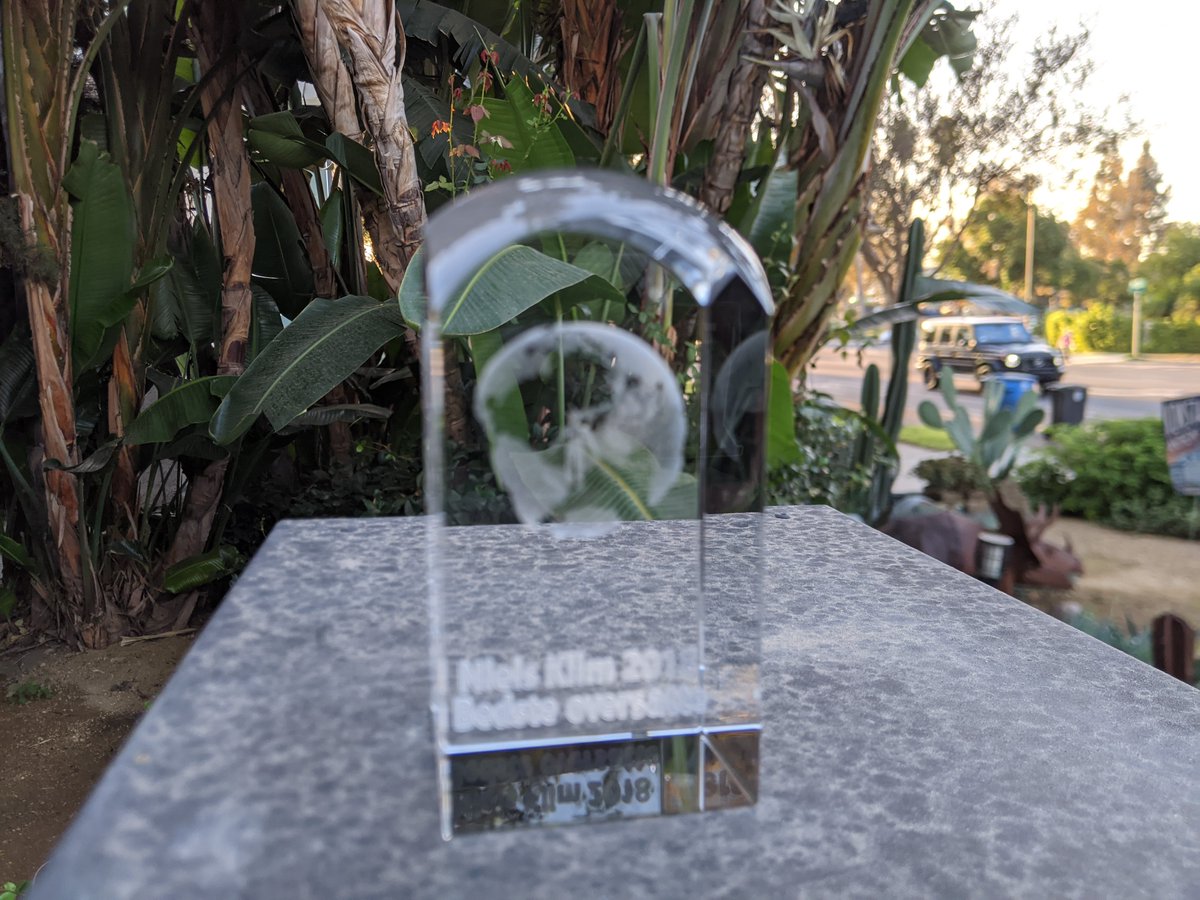
Today's Twitter threads (a Twitter thread).
Inside: Villainry revealed by Monty Python Latin; and more!
Archived at: pluralistic.net/2020/11/08/big…
#Pluralistic
1/
Inside: Villainry revealed by Monty Python Latin; and more!
Archived at: pluralistic.net/2020/11/08/big…
#Pluralistic
1/

I'm giving a talk tomorrow at the Reboot Conference at 12PM Pacific:
How to Fix the Internet
rebootconference.org/day-two
2/
How to Fix the Internet
rebootconference.org/day-two
2/

Villainry revealed by Monty Python Latin: "Bravus" means "crooked," not "brave."
3/
https://twitter.com/doctorow/status/1325490967340744705
3/

#10yrsago Staircase storage: vertical shelving unit is its own stepladder dannykuo.com/staircase.html
#5yrsago It was once socially acceptable and surprisingly affordable to send children by parcel post centralfloridastampclub.org/pages/pics3/02…
4/
#5yrsago It was once socially acceptable and surprisingly affordable to send children by parcel post centralfloridastampclub.org/pages/pics3/02…
4/

Yesterday's threads: QE, inflation, slave labor and a People's Bailout; and more!
5/
https://twitter.com/doctorow/status/1325143980690952194
5/

My latest novel is Attack Surface, a sequel to my bestselling Little Brother books. @washingtonpost called it "a political cyberthriller, vigorous, bold and savvy about the limits of revolution and resistance."
Get signed books from @darkdel: darkdel.com/store/p1840/Av…
6/
Get signed books from @darkdel: darkdel.com/store/p1840/Av…
6/
I have a (free) new book out! "How to Destroy Surveillance Capitalism" is an anti-monopolist critique of Big Tech that connects the rise of conspiratorial thinking to the rise of tech monopolies and proposes a way to deal with both:
onezero.medium.com/how-to-destroy…
7/
onezero.medium.com/how-to-destroy…
7/
My ebooks and audiobooks (from @torbooks, @HoZ_Books, @mcsweeneys, and others) are for sale all over the net, but I sell 'em too, and when you buy 'em from me, I earn twice as much and you get books with no DRM and no license "agreements."
craphound.com/shop/
8/
craphound.com/shop/
8/

Upcoming appearances:
* How to Fix the Internet/Reboot 2020, Nov 9, rebootconference.org/day-two
* Cyberterrorists, Post-Apocalyptic Landscapes, and Were-Pomeranians/Texas Book Festival, Nov 12, texasbookfestival.org/events/cyberte…
9/
* How to Fix the Internet/Reboot 2020, Nov 9, rebootconference.org/day-two
* Cyberterrorists, Post-Apocalyptic Landscapes, and Were-Pomeranians/Texas Book Festival, Nov 12, texasbookfestival.org/events/cyberte…
9/

Recent appearances:
* Author Stories Podcast
* The Gould Standard:
glenngould.ca/thegouldstanda…
* Attack Surface: A Reckoning
draxfiles.com/2020/10/26/sho…
10/
* Author Stories Podcast
* The Gould Standard:
glenngould.ca/thegouldstanda…
* Attack Surface: A Reckoning
draxfiles.com/2020/10/26/sho…
10/

My first picture book is out! It's called Poesy the Monster Slayer and it's an epic tale of bedtime-refusal, toy-hacking and monster-hunting, illustrated by Matt Rockefeller. It's the monster book I dreamt of reading to my own daughter.
pluralistic.net/2020/07/14/poe…
11/
pluralistic.net/2020/07/14/poe…
11/

You can also follow these posts as a daily blog at pluralistic.net: no ads, trackers, or data-collection!
Here's today's edition: pluralistic.net/2020/11/08/big…
12/
Here's today's edition: pluralistic.net/2020/11/08/big…
12/
If you prefer a newsletter, subscribe to the plura-list, which is also ad- and tracker-free, and is utterly unadorned save a single daily emoji. Today's is "🗽". Suggestions solicited for future emojis!
Subscribe here: pluralistic.net/plura-list
13/
Subscribe here: pluralistic.net/plura-list
13/
Are you trying to wean yourself off Big Tech? Follow these threads on the #fediverse at @pluralistic@mamot.fr.
Here's today's edition: mamot.fr/@pluralistic/1…
14/
Here's today's edition: mamot.fr/@pluralistic/1…
14/
• • •
Missing some Tweet in this thread? You can try to
force a refresh





















